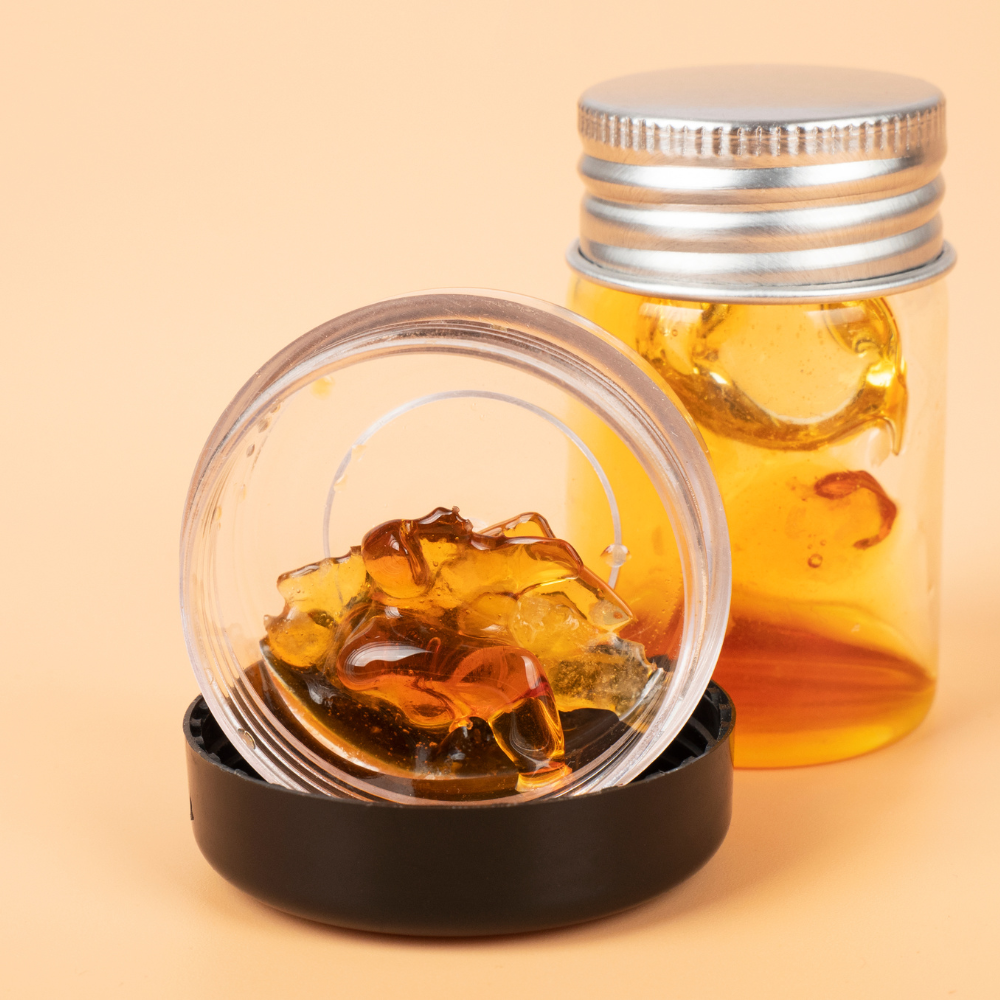Understanding Hydrocarbon Extraction in Cannabis Processing
Mastering Nature's Chemistry: Exploring Hydrocarbon Extraction in Cannabis Processing
The cannabis industry continues to evolve, introducing innovative methods to extract the plant's valuable compounds for various products. Among these extraction techniques, hydrocarbon extraction stands out as a popular and efficient method. In this blog, we delve into the world of hydrocarbon extraction, exploring what it is, how it works, its pros and cons, and its role in producing diverse cannabis products.
What is Hydrocarbon Extraction?
Hydrocarbon extraction is a sophisticated process used to extract cannabinoids, terpenes, and other essential compounds from cannabis plants. It involves using hydrocarbons, such as butane or propane, as solvents to dissolve the plant's trichomes and other desirable components. The result is a potent and concentrated cannabis extract, which can be further processed to create various products like shatter, wax, or oils.
How Does Hydrocarbon Extraction Work?
The hydrocarbon extraction process begins with loading cannabis plant material into a closed-loop extraction system. The hydrocarbon solvent is then passed through the plant material, dissolving the trichomes and capturing the desired compounds. The solvent and the dissolved cannabinoids are collected in a separate chamber, and the solvent is then carefully purged through a process called solvent recovery, leaving behind the concentrated cannabis extract.
Pros of Hydrocarbon Extraction:
- High Potency: Hydrocarbon extraction can produce highly potent cannabis concentrates, often containing a higher concentration of cannabinoids and terpenes compared to other methods.
- Efficiency: The closed-loop system used in hydrocarbon extraction allows for efficient use and recycling of solvents, making it a more sustainable option compared to open extraction methods.
- Versatility: This method can be used to extract a wide range of cannabinoids, terpenes, and other compounds from cannabis plants, allowing producers to create diverse and tailored cannabis products.
- Rapid Extraction: Hydrocarbon extraction is generally a quick process, yielding concentrated extracts in a shorter amount of time compared to other extraction techniques.
Cons of Hydrocarbon Extraction:
- Safety Concerns: Handling hydrocarbon solvents can be dangerous due to their flammable and volatile nature. Proper equipment and safety protocols are essential to minimize risks during the extraction process.
- Residual Solvent: Ensuring that all traces of the hydrocarbon solvent are removed from the final product is critical, as residual solvents can be harmful if consumed in large quantities.
- Environmental Impact: While closed-loop systems reduce environmental impact, the use of hydrocarbons as solvents can still raise environmental concerns if not properly managed and disposed of.
Hydrocarbon extraction is a powerful and efficient method used to extract valuable compounds from cannabis plants. This process plays a significant role in producing diverse cannabis concentrates and products that cater to a wide range of consumer preferences. While hydrocarbon extraction offers high potency and rapid results, it also comes with safety and environmental considerations that must be addressed through responsible handling and proper equipment. As the cannabis industry continues to evolve, hydrocarbon extraction will undoubtedly remain a prominent technique in unlocking nature's secrets and delivering a myriad of cannabis experiences to enthusiasts worldwide.
SHARE:
Disclaimer: The information provided in this article is for educational purposes only. The content is not intended to be a substitute for professional medical advice, diagnosis, or treatment. Always seek the advice of your physician or other qualified healthcare provider with any questions you may have regarding a medical condition. The use of cannabis, including smoking, may have potential health risks and may not be suitable for everyone. It is essential to understand and abide by the laws in your country or state regarding cannabis use. The author and publisher of this article are not responsible for any adverse effects or consequences that may result from the use of the information presented in this article. This blog is sponsored by
Fresh Mint.












